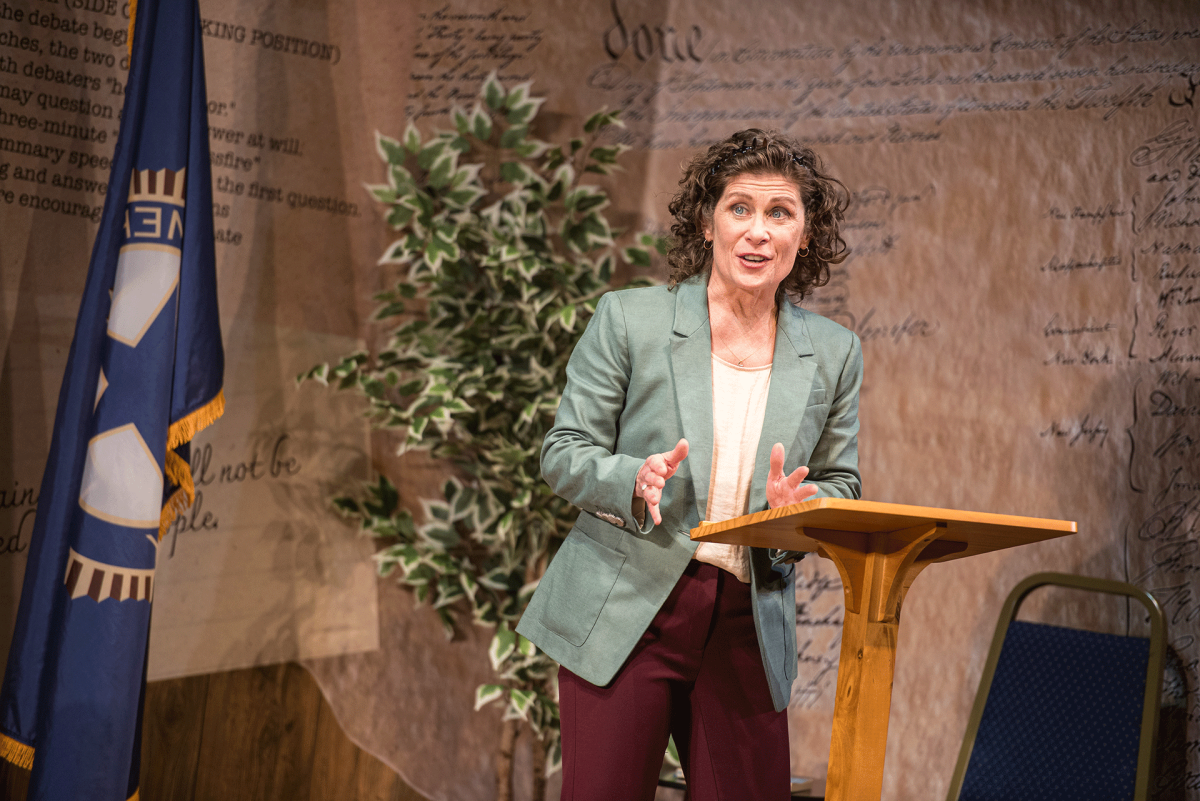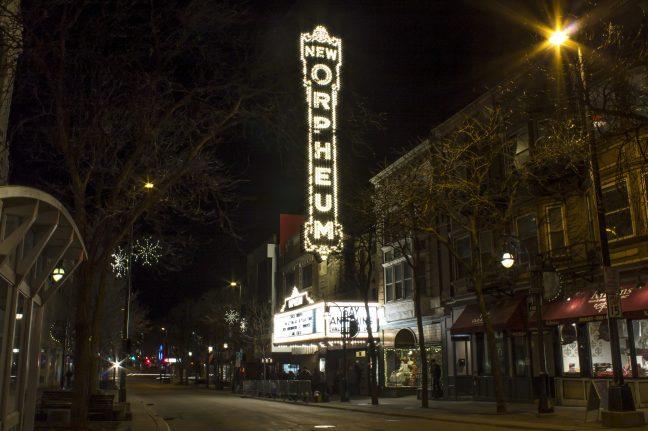Few films defy any sort of normal criticism or rating to become more of an experience than anything else. "Inland Empire" is one such film.
More interesting than the actual film is the way it is being released: Writer/director David Lynch is distributing it himself. He has traveled the country, making stops at various theaters and festivals, to present his work in more of an indie film fashion.
"Inland Empire" is less a film than a grandiose experiment. Not having dealt with production companies like 20th Century Fox, Lynch kept all of his luxuries as a filmmaker — final cut, length and so on — intact. That means what is on screen is his true vision with no interference.
On Jan. 27, Lynch presented the film at the Music Box Theater in Chicago. Devoted fans braved the bitter cold for hours outside the theater in anticipation of the midnight screening.
When all the seats had been filled at around half-past midnight, Lynch strolled onto the stage in front of the screen where a huge, red curtain was brightly lit behind him, a la "Twin Peaks." After a standing ovation, the gracious host told his adoring fans that "by the time the film is over, it will (be) time for breakfast." He proceeded to set the mood, employing an organist to play a short, improvisational melody, reminiscent of the scores by Lynch-collaborator Angelo Badalamenti, as Lynch himself read a couple of off-beat thoughts from a series of crumpled papers ("We are the weavers of our dreams…").
At the film's beginning, the audience was entertained, receptive and ready for a fun ride. But by 3:30 a.m., the audience left stunned and in a daze. Everybody walked out of the theater, back to the freezing, wintry streets, wondering what they had just seen.
Clocking in at a whopping three hours, Lynch has created what some refer to as an epic, surreal masterpiece while others could not stand a second of it. "Inland Empire" hypnotizes its audience as much as it tortures it and blends coherence with insanity.
From "Eraserhead" to "Mulholland Dr.," Lynch is no stranger to this kind of experimental structure. He is fascinated by the idea that a world far apart from reality can exist within the frames of a film, and he often employs every possible cinematic device to create that new world with usually entrancing results — his best being "Wild at Heart."
With "Inland Empire," however, Lynch succumbs to mediocrity while shooting for the stars. He is trying to recreate the magic from his previous works with such determination that, in the end, it comes across looking like a shoddy student film made by an amateur trying to emulate Lynch's style. Some reasons behind this fall in the film's production were that it was shot completely on digital video and each scene was written on the spot.
In his past efforts, it was apparent how much time Lynch spent meticulously planning every angle. Each shot looked dazzling, and every piece of dialogue had a natural rhythm. In his new venture, many shots look squeezed in, and nothing quite goes together. It is as if he took the finale of "Mulholland Dr." — which left many viewers confused — and stretched it to an eternity without any basis. The only bright spots are Laura Dern's performance, which far surpasses the material, and a few haunting images that linger transiently.
The loose plot unfolds in an area called Inland Empire, located right outside of L.A., as Nikki Grace (Dern) prepares for a role in a movie titled "On High in Blue Tomorrows." After ignoring her strange neighbor's warning, the actress accepts the part. On the set, Nikki is greeted by Kingsley (Jeremy Irons), her director; Devon (Justin Theroux), her flirtatious co-star; and Freddie (Harry Dean Stanton), a man who constantly needs to borrow money from people.
The actors are told that the movie they are making is actually a remake of a movie in which the two leads were murdered on the set. What follows is Nikki's descent into the depths of her character's hell, and the narrative form is all but thrown out the window. A family with huge rabbit heads starring in a sitcom, a somber Polish fairytale about a hooker and a group of manic women dancing to the "Loco-motion" are just some of the backdrops that come into play as the quasi-story progresses.
Nothing overtly matters throughout "Inland Empire," and all that is in it is there because that is what Lynch's instincts told him to do. It is a metaphysical nightmare that Lynch probably needed to get out of his head before trying something different. The film may not be that good, but it was certainly worth an attempt. Hopefully other films will soon be distributed in the same manner so artistic integrity will never be lost.
Grade: 2 out of 5














